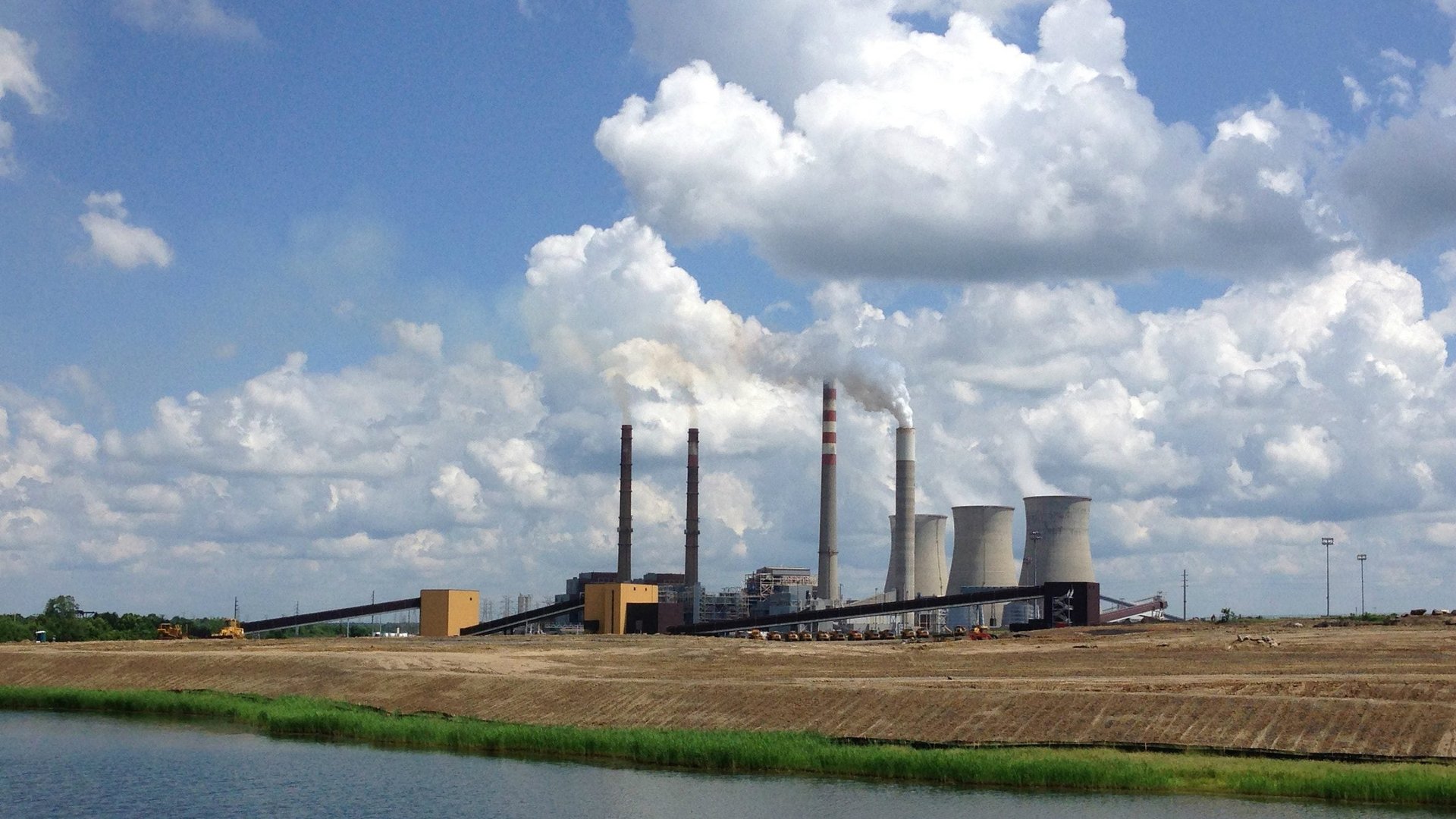Tiny particles in the air have been linked to early death, in one of the biggest US studies ever
Air pollution in the US has been on the decline in the last few decades, but its effects remain serious. Researchers from the New York University School of Medicine have completed one of the largest, most detailed studies on the effects of air pollution in recent years, and the results are still pretty bad.


Air pollution in the US has been on the decline in the last few decades, but its effects remain serious. Researchers from the New York University School of Medicine have completed one of the largest, most detailed studies on the effects of air pollution in recent years, and the results are still pretty bad.
Published last week in Environmental Health Perspectives, the study analyzed over half a million people from eight states in the US. Researcher George Thurston and his team found that tiny air pollutants can increase risk of death from all causes by 3% and risk of death from cardiovascular disease by a whopping 10%. Considering almost half the country breathes polluted air, that’s not great.
In each region, researchers measured levels of PM2.5, also known as fine particulate matter, named such because the particles are less than 2.5 micrometers in diameter. At this tiny size, pollutants that include dust, dirt, soot, and smoke can pass deep into the lungs and be stuck there. Adjusting for race, education, marital status, body mass index, alcohol consumption, and smoking history, the team found a correlation between PM2.5 levels and mortality rates, affirming previous studies on the subject.
The study drew on health and diet data of 517,041 men and women between 50 and 71 based on surveys by the National Institutes of Health and the American Association of Retired Persons. Thurston also serves as an expert witness to the US Congress and in US EPA public hearings.